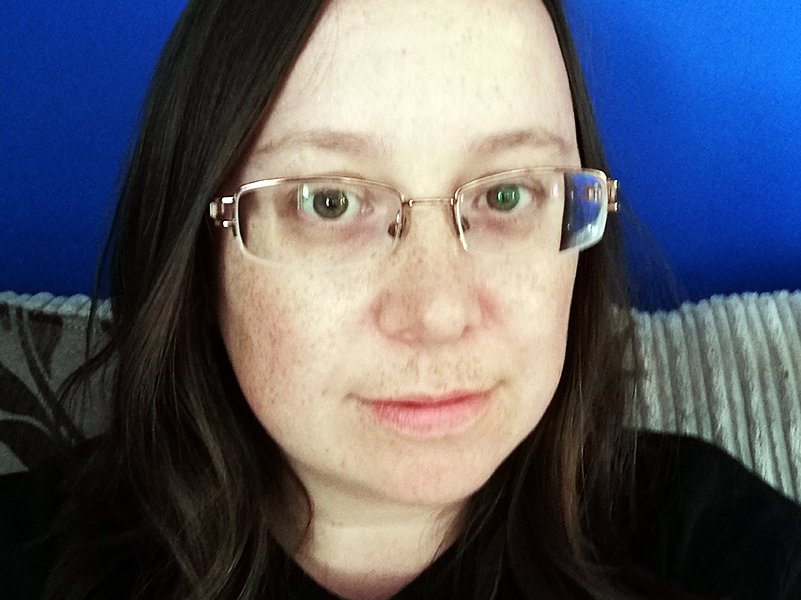Sarah Jayne Dunn on a new campaign to help unbanked people
At this present moment, in the marbled halls of the UK Treasury, a National Financial Inclusion Strategy is being created. Now this may not sound that thrilling but it is.
Actually, it’s critical.
Because financial inclusion is about providing opportunities for people to access products and services like savings accounts, credit and loans as well as insurance. It reduces poverty and inequality, and contributes to our economic growth. Because if the most marginalised in our society are excluded from these products, it can actually be harmful to them and to our economy in general.
One of the worst forms of financial exclusion is not having a bank account. In fact, without this, all other pillars of financial inclusion fall. Without a bank account you can’t receive your wages or social security, you can’t get a tenancy agreement, you can’t get cheaper forms of insurance or apply for affordable credit products. You can’t even get a mobile phone contract. And everyday bills become more expensive because you can’t take advantage of cheaper deals offered to those who pay by direct debit.
Who doesn’t have a bank account? Well, across the UK 900,000 people don’t. Groups which are particularly affected include people who have been made bankrupt, ex-prisoners, refugees, homeless people and those who have experienced domestic abuse. In other words, people who are already vulnerable and likely to be struggling financially.
Research by Virgin Money has found that the average annual cost of being unbanked is £598 per year. To inflict this additional cost on people who are already struggling is not just cruel, it is economically daft because it makes it harder for them to get back on their feet and become economically active. Everyone in our society, no matter their background or situation, should have a bank account.
For this reason, Basic Bank Accounts (BBAs) were created 10 years ago to ensure people who need a bank account could open one. It was a great initiative: a simple, no-frills type of account that anyone could have. With no credit or overdraft facility they offer no risk to banks. Yet, because they don’t make money for banks, they are practically hidden from view or made difficult to access. Often people can’t apply directly for them or are rejected due to poor credit scores or lack of approved identification. This is unacceptable – these barriers go against the very principle of the policy.
This is why Citizens Advice Scotland is launching a new campaign - Banking on the Basics. Our aim is to raise public awareness that BBAs exist, encourage unbanked people to apply for one and also put pressure on banks and others to make the process easier.
We need to make BBAs accessible, visible and available for all. This will involve concerted action, with a number of agencies doing their part including both UK and Scottish governments, the Financial Conduct Authority, and banking and credit institutions. The National Financial Inclusion Strategy should start with this as a top priority.
Bank accounts are the very foundation of all our financial activity. Let’s make sure everyone can have one.
Sarah Jayne Dunn is manager of the Financial Health team at Citizens Advice Scotland.
This column was first published in the Herald.








There are plenty basic and online accounts unbanked people can access easily. Neither are the subject to credit checks.